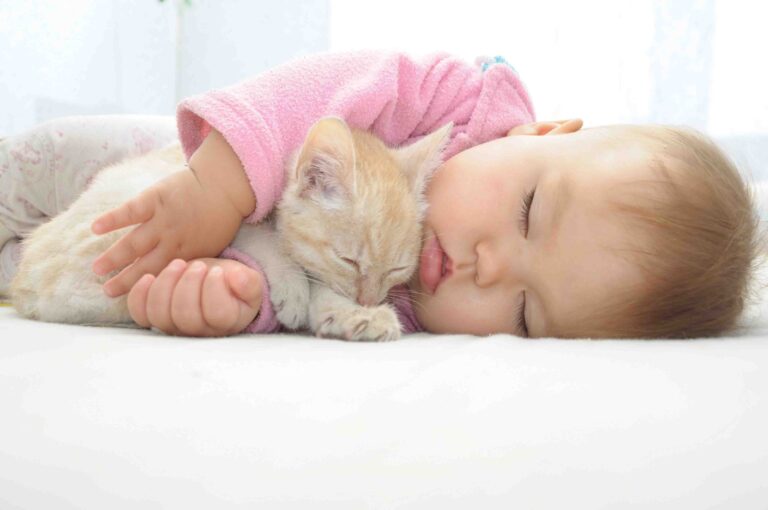Our federal government is hard at work protecting the most vulnerable in our society.
No, not baby humans – baby cats. H.R. 5780, the Kittens in Traumatic Testing Ends Now (KITTEN) Act of 2019 would direct the Secretary of Agriculture to end the use of cats in experiments that cause pain or stress.
The act would add the following language to the Animal Welfare Act: “(I)n carrying out research, the Secretary may not purchase, breed, transport, house, feed, maintain, dispose of, or conduct experiments on cats as part of the conduct of any study that would subject cats to potentially painful or stressful procedures, including pain or stress that may be mitigated by anesthetics, analgesics, or tranquilizer drugs, except when such pain or stress is a result of a physical exam or training program.”
Now, I certainly wish kittens no harm. Though I’ve never owned a cat, I once found a few kittens in the top of my trash can. We set them up in a little box, with a bottle of warm water and a towel, until they could be taken to the humane society and rehabilitated.
But do we need to amend the Animal Welfare Act to save kittens?
I ask because the Born-Alive Survivors Protection Act would require doctors to make every attempt to save a child who survives an abortion – and that legislation is having a tough time getting support.
In the U.S. Senate, the vote to bring BASPA forward was 53-44, but it needed 60 votes to invoke cloture and cut off a filibuster. In the House, Republican leaders are calling on House Speaker Nancy Pelosi, D-Calif., and other House Democrats “to stop blocking” a vote on the act, according to a Catholic News Service Report.
The measure “demands a vote,” Rep. Chris Smith, R-N.J., said at a March 13 news conference.
BASPA, known as H.R. 962, and its companion bill in the Senate, S. 311, have “strong criminal penalties for the abortionist” who violates the requirement to give appropriate care to a baby who survives a failed abortion, Smith said.
Both of Maryland’s senators, Democrats Ben Cardin and Chris Van Hollen voted against S. 311. We might ask them the same question our colleague EmmaLee Italia in New Jersey asked her senators who voted against it as well: Can you explain to the people of our state why you chose to vote no?
“Try to convince those you claim to represent why your representation doesn’t extend to the youngest American citizens – because babies born alive following a botched abortion are just that: American citizens, endowed with the same rights as those carried into this world willingly and happily,” Italia wrote in an online column for the Monitor, newspaper of the Diocese of Trenton.
“I don’t believe you will be able to explain yourselves, because the argument – that a ‘woman’s right to choose’ includes the right to snuff the life of her newborn – is built on a house of cards, and is built on fear,” she wrote to New Jersey’s senators, Cory Booker and Robert Menendez.
Some legislators – at the state and federal level – are so afraid of anything that acknowledges the humanity of an unborn child that they cannot imagine granting any kind of protection, even when it should be obvious.
In Maryland, the General Assembly debated “Laura and Reid’s Law,” which would expand fetal homicide protection to fetuses eight weeks’ gestation and older. The bill grew out of the case of Laura Wallen, a pregnant teacher who was killed by her boyfriend.
A modified version of the bill ultimately passed the legislature, adding up to 10 years additional prison time on top of any other sentence imposed for the crime of violence against a pregnant woman. Gov. Lawrence Hogan is expected to sign it into law.
State Sen. Justin Ready (R-Carroll County), one of the bill’s sponsors, said in February that in conversation with opponents of the bill, some objected to the use of the word “child,” which he said he found “somewhat odd,” but the language was changed to address that.
Odd indeed, that so many care so little for babies. But can’t we protect both babies and kittens?



